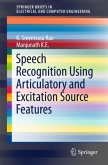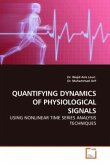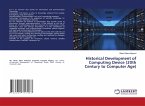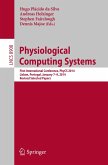For years, a number of speech scientists tried to
reveal the mechanism of speech production based on
observed acoustic signals and/or articulatory
movements, and proposed a number of theories on the
mechanism of speech production. However, most of
them ignored the intermidate process which were
important for the understanding of speech poduction -
the motor commands and the activities of
the central neural system. It is because both of
them are difficult to be observed directly. This
causes a gap between the linguistic representation
and the corresponding physical observation in those
theories. If we can uncover motor commands and
activities of central neural systems in speech
production, we may bridge the gap between linguistic
representation and physical realization. This book
focus on uncovering the motor commands and
introduces a model-based approach to tackle this
problem.
reveal the mechanism of speech production based on
observed acoustic signals and/or articulatory
movements, and proposed a number of theories on the
mechanism of speech production. However, most of
them ignored the intermidate process which were
important for the understanding of speech poduction -
the motor commands and the activities of
the central neural system. It is because both of
them are difficult to be observed directly. This
causes a gap between the linguistic representation
and the corresponding physical observation in those
theories. If we can uncover motor commands and
activities of central neural systems in speech
production, we may bridge the gap between linguistic
representation and physical realization. This book
focus on uncovering the motor commands and
introduces a model-based approach to tackle this
problem.








